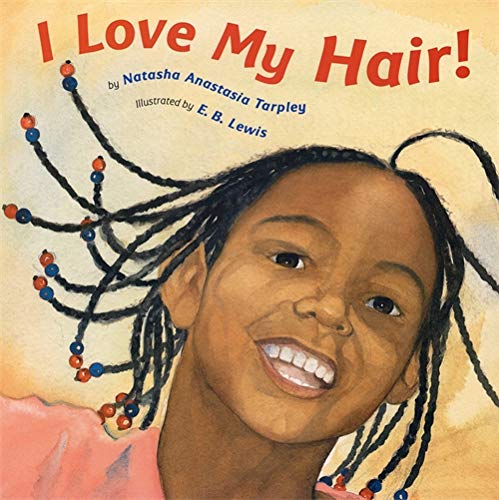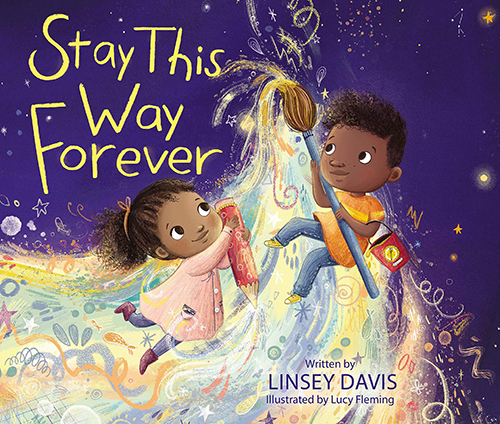Books Help Us See Ourselves and Each Other

Photo by Drew Coffman on Unsplash
Each year, Banned Books Week celebrates the freedom to read and the importance of access to books throughout our lives. The 2021 theme, Books Unite Us. Censorship Divides Us.,
is intended to be inclusive and emphasizes the ways in which books and information bring people together, help individuals see themselves in the stories of others, and aid the development of empathy and understanding for people from other backgrounds.
This year’s theme echoes the insight shared during the AHA Center for Education’s August 11 Speaking of Humanism program with Tracy Swinton Bailey, author of Forever Free: A True Story of Hope in the Fight for Child Literacy. Bailey began her career as a high school English instructor before earning her Ph.D. in education, with a specialization in language and literacy at the University of South Carolina. She then went on to found Freedom Readers, an after-school and summer literacy program that supports families in low-income areas and assists children in achieving their academic goals. Here are some excerpts from her presentation at the event:
You can build a habit of reading just by having access to books and the ability to gravitate to the ones that really spark your interest. It’s one of my great joys and pleasures to be able to select the kinds of books that I wish I had when I was growing up. For example:
 I Love My Hair by Natasha Tarpley – With braids flying all over the cover of this book, it just feels very joyful to me. I want to present the young people in our program with images that reflect them, that are joyful, and let them know that they are beautiful and brilliant.
I Love My Hair by Natasha Tarpley – With braids flying all over the cover of this book, it just feels very joyful to me. I want to present the young people in our program with images that reflect them, that are joyful, and let them know that they are beautiful and brilliant.- Hair Love by Matthew A. Cherry (also an award-winning animated short) – This book highlights the relationship between an African-American dad and his daughter, and his learning how to do her hair. It’s a happy and triumphant kind of picture book that you can share with all kids to help them reflect on that particular relationship.
- I Affirm Me: The ABCs of Inspiration for Black Kids by Nyasha Williams – Here we get to hear messages that encourage and inspire us.
- Respect by Carole Boston Weatherford – There is a movie coming out soon about the life of Aretha Franklin, and this book helps young people to experience who she was and the impact that she had on American music.
 Stay This Way Forever by Linsey Davis – Linsey is a journalist and, in this book, she writes about a child who is in the middle of discovering the world, and highlights the innocence and enthusiasm that comes with childhood. As I researched this book, I found that she was inspired by her own son and wanted to say to him, “Stay this way forever. Keep the sense of awe. Stay excited and enthusiastic about life.”
Stay This Way Forever by Linsey Davis – Linsey is a journalist and, in this book, she writes about a child who is in the middle of discovering the world, and highlights the innocence and enthusiasm that comes with childhood. As I researched this book, I found that she was inspired by her own son and wanted to say to him, “Stay this way forever. Keep the sense of awe. Stay excited and enthusiastic about life.”- Sulwe by Lupita Nyong’o – The main character in this book is thinking about the way that she looks and the way that the world looks at her, and it’s not always kind. This book really resonated with me.
- The Day You Begin by Jacqueline Woodson – This book describes the experience of going into a situation, looking around, and realizing that you might be the only person like you in the room. You think that’s the case until you begin to tell your story and, in turn, listen to other people’s stories.
- Kalamata’s Kitchen by Sarah Thomas – This little girl is Indian, so the book talks all about the different kinds of spices that she uses in the kitchen and also explores a trip with her family to India.
[Additional children’s picture book recommendations: All the Way to the Top, Super Princess Saves the Night; see Freedom Reads: Anti-Bias Book Talk Series for more.]
Reading gives us a sense of our humanity and helps us remember to connect to those things that are common for all of us, like the universal feeling of not necessarily belonging and figuring out how to grow into who we are supposed to be. Books grow our empathy and help us to understand other people’s perspectives but, at the same time, we can’t forget that every kid needs books that are mirrors, that show them who they are, that validate who they are, and say “you are seen and you are heard and your voice is important, and you are very special.” Understanding that schools are not going to be the 100 percent solution for every student, it’s our responsibility, as people in the community and as folks who have had the opportunity to benefit from a good education, to give back. Here are my five R’s for helping to improve child literacy:
Receive – At Freedom Readers, we’ve developed an interest inventory that allows kids to tell you about their favorite colors, movies, songs, kinds of books, and the things that they like to do. Kids pick up on the vibe that “OK, I’m supposed to be involved in this and not just supposed to be sitting here and allowing somebody to pour knowledge into my head. I’m supposed to really be engaged in this process.”
Research – Once you know what a child likes to read and what their interests are, then you can spend time researching what’s out there that can connect with that child. This helps us find that just-right book that will spark the curiosity of the child and make them want to keep reading. When kids have the opportunity to choose what they’re going to read, nine times out of ten, they’re more engaged in the reading and, as a result, they spend more time figuring out how to become better readers.
Record – The Freedom Readers website provides a record keeper where you can write the names of books that you’re reading with children and you can look back on the number of pages you’ve read, the kinds of books that you’ve been reading, and determine what other authors, series, or kinds of books the child might enjoy.
Read Aloud – Reading aloud is so incredibly important, even when you think a child is too old. For young kids who are developing their own voices in their heads, reading aloud allows them to hear your voice as they’re reading along. We put our fingers on each and every word until young people feel a little bit more confident and are more independent.
Respond – I firmly believe that reading is a social act. When you read something interesting to you, that really sparks your imagination or something that you agree or disagree with, you want to talk to someone about it. Being in a book club or being around other people is special and integral to a reading life. Our programs offer kids a lot of different opportunities to respond. They might draw a picture as a response to something that they’ve read, or they might write a poem or a letter, or they might pull out just some keywords that they’ve seen in the book and incorporate that into a speech and share that with the people in the group.
Bonus R is Ritual – Young people want to know what to expect and that events are structured the exact same way. If I’m trying to hold your attention, I’m not going to try to do it for longer than I know that you can endure it. We build in breaks to vary their activity and keep them engaged.
All of us who have been given the privilege of being able to pick up a book, read it, interpret it, and understand its message, should recognize our responsibility to share that skill. One of the best things that we can do for our community, for the future of our world, is to be able to give kids the tools that they need to do that as well so that they can understand the truth and also embrace their responsibility in our society. Talent is universal, but opportunity is not. If we get the chance to open up the gates of opportunity, then let us embrace that.
You can watch Tracy Swinton Bailey’s full presentation on the AHA’s YouTube channel.
